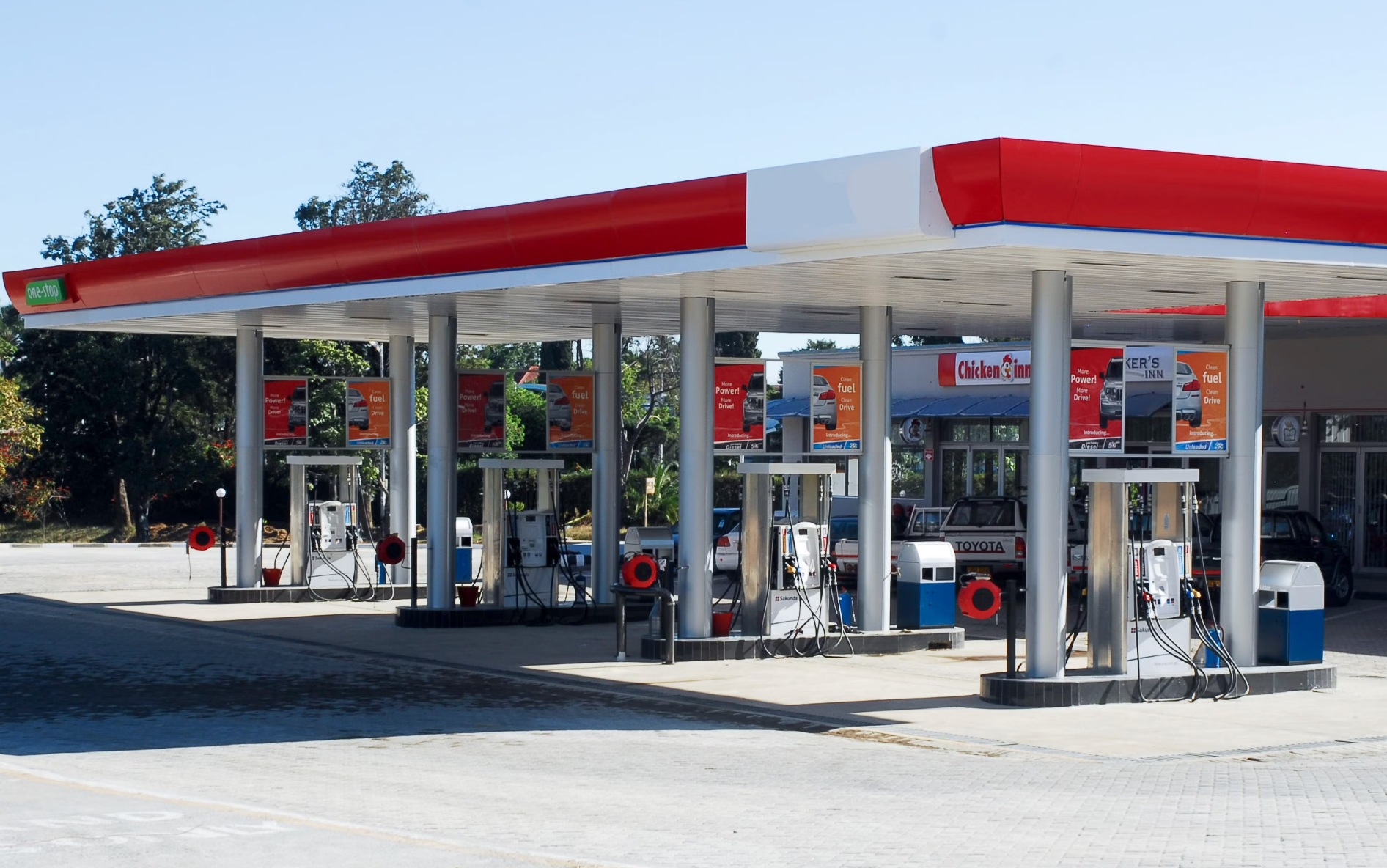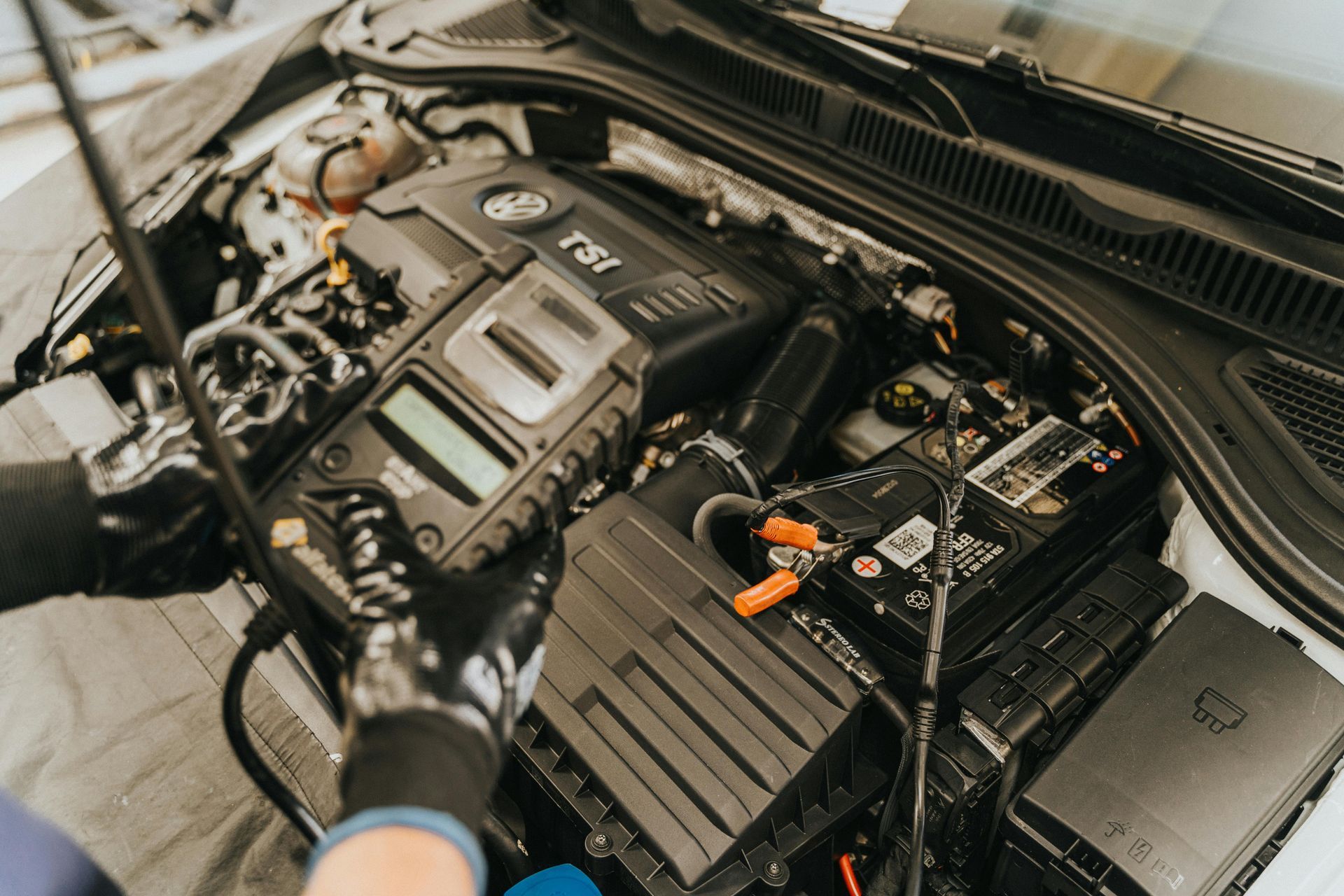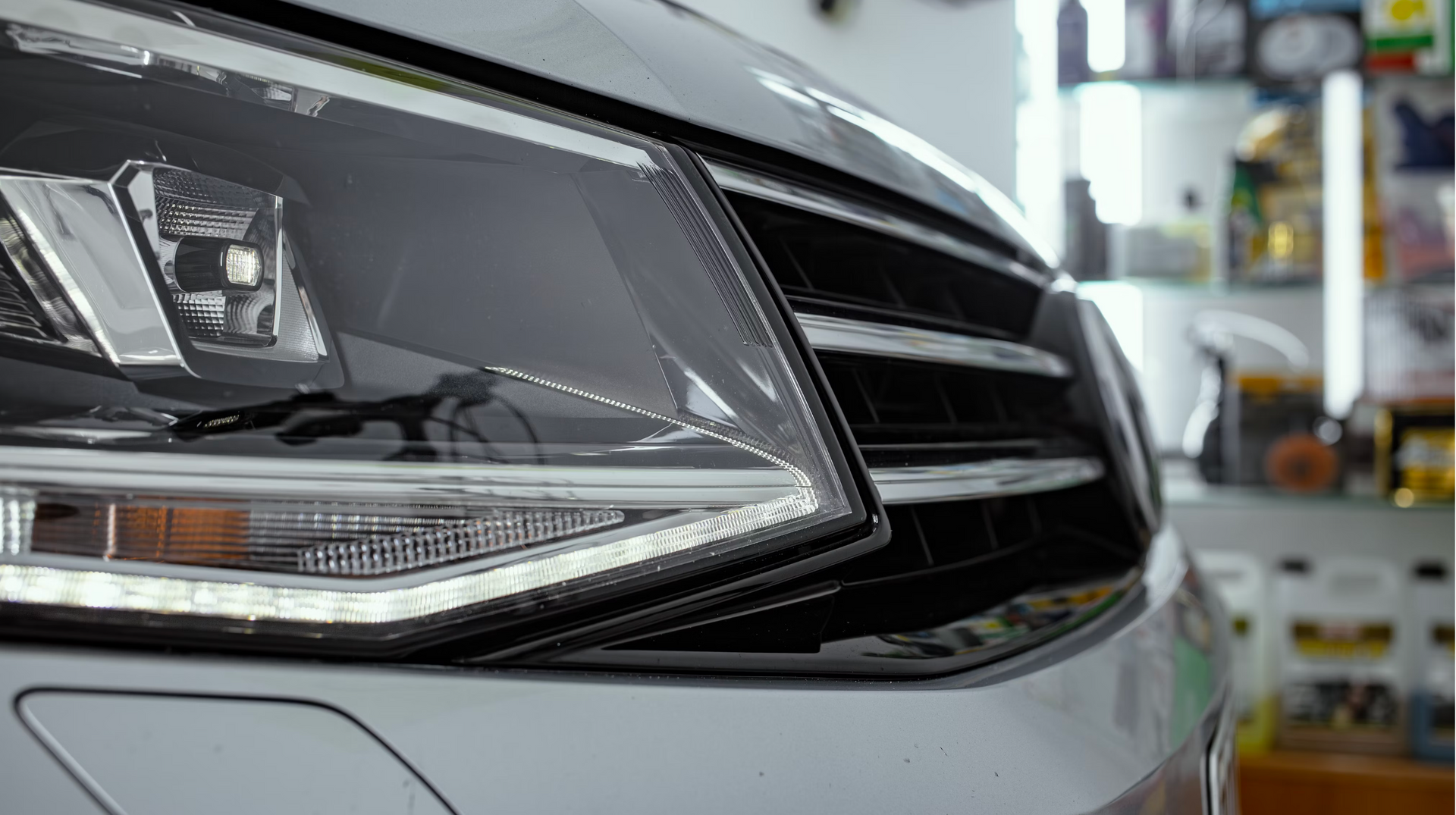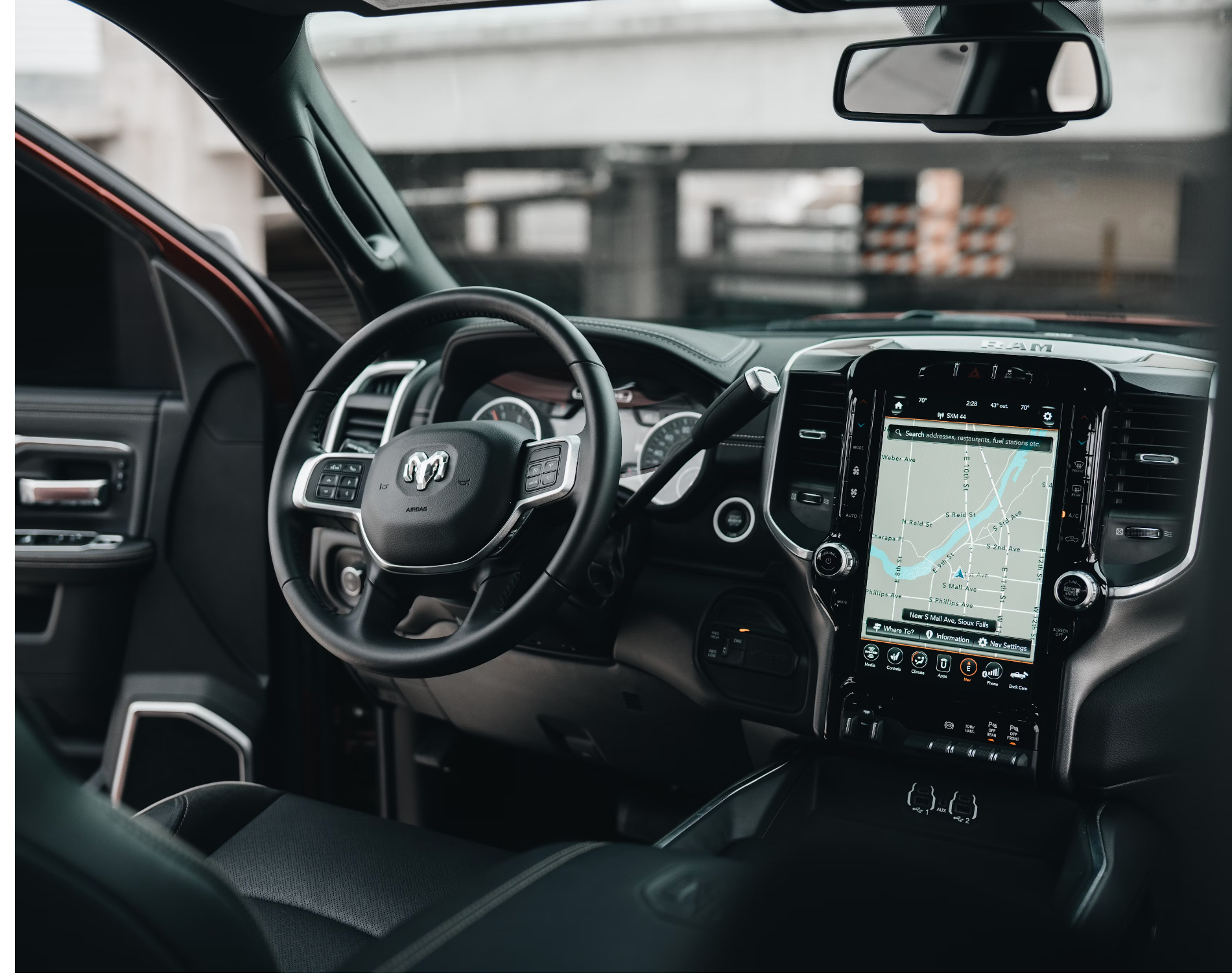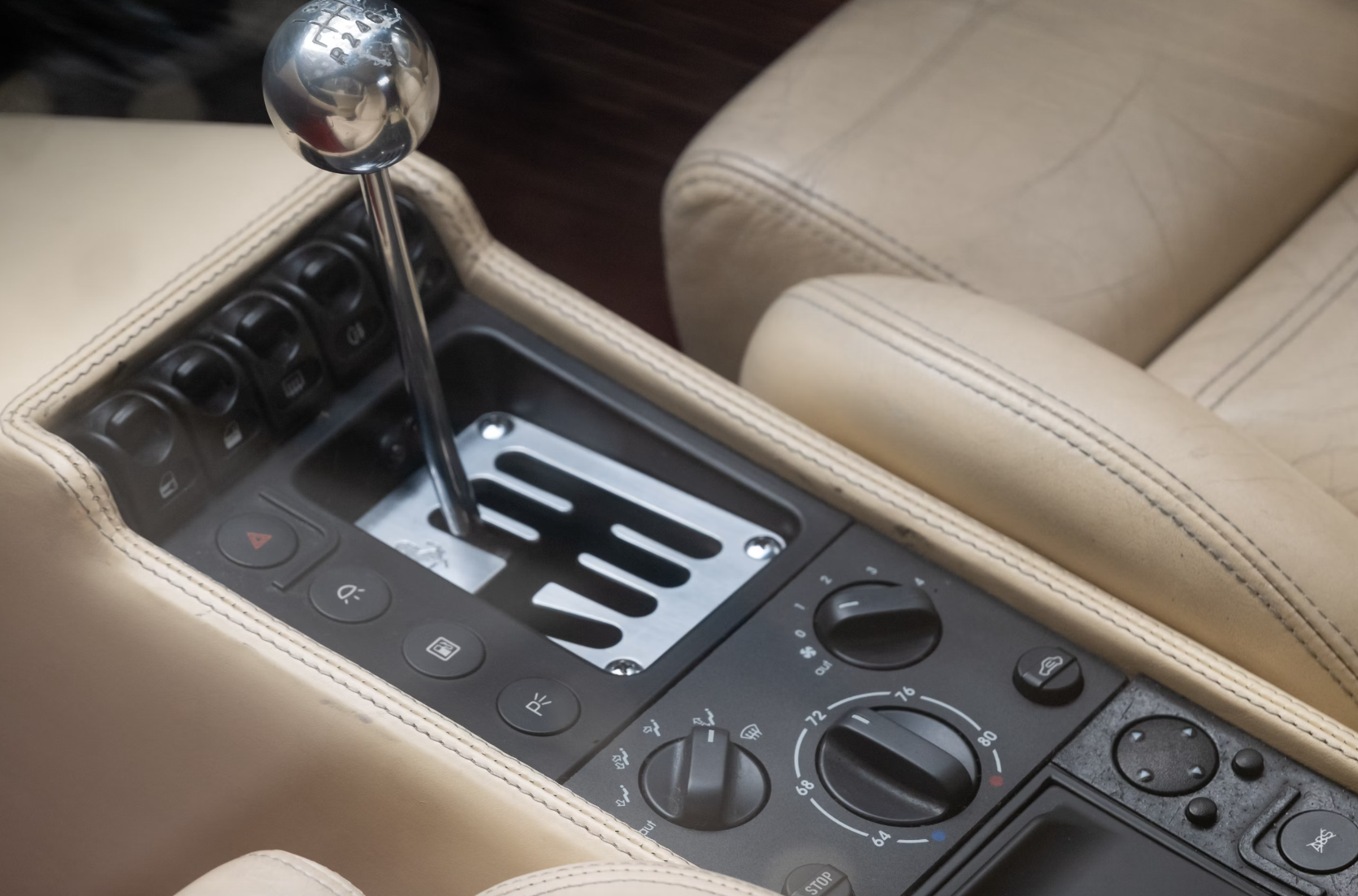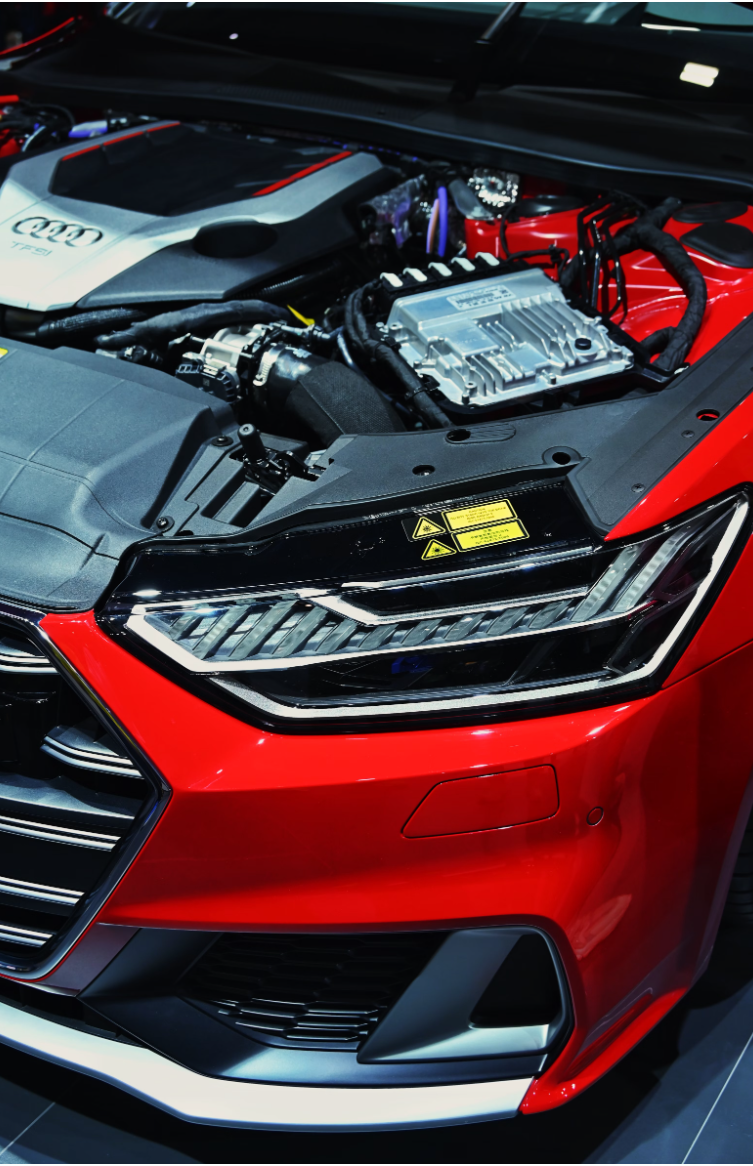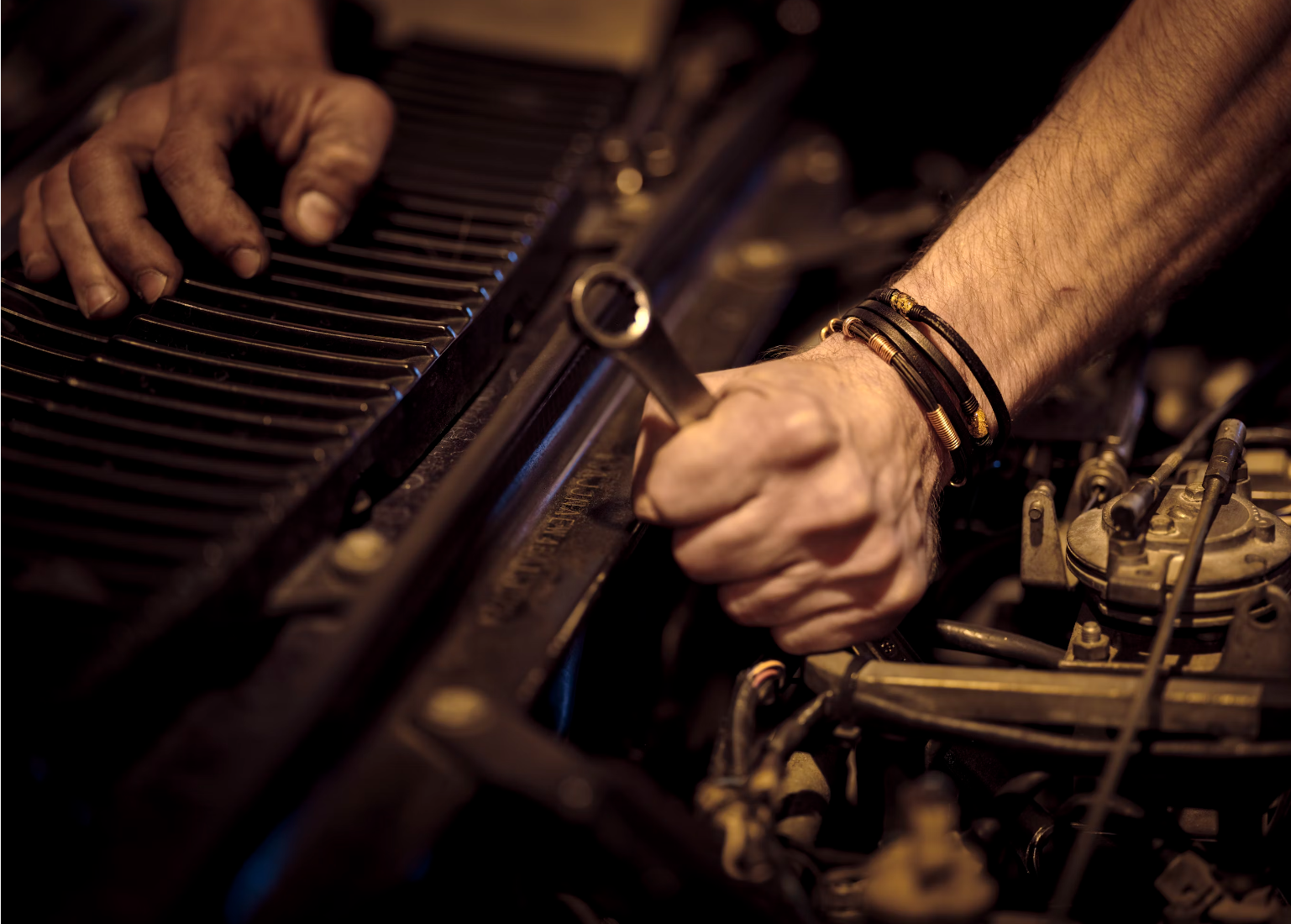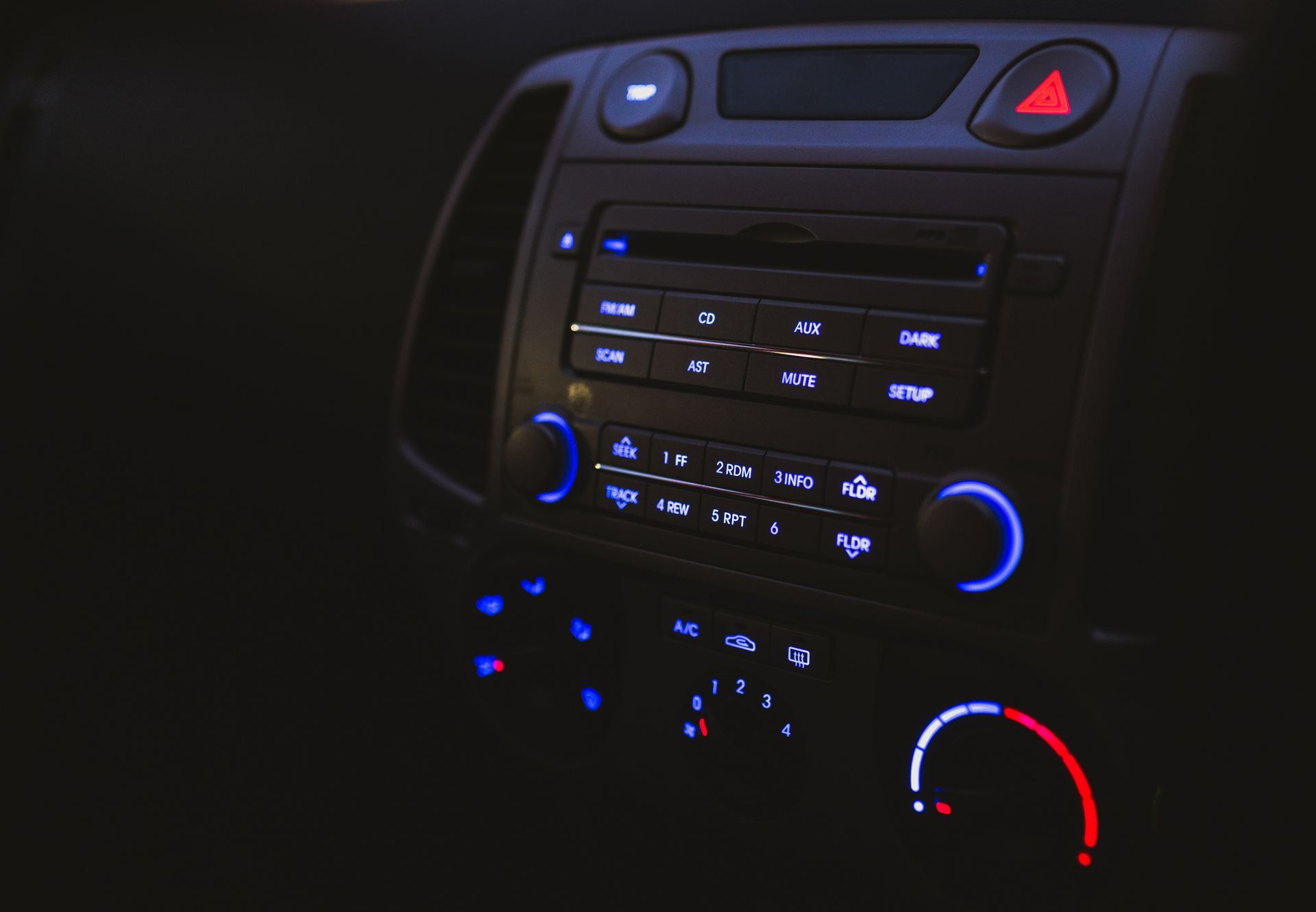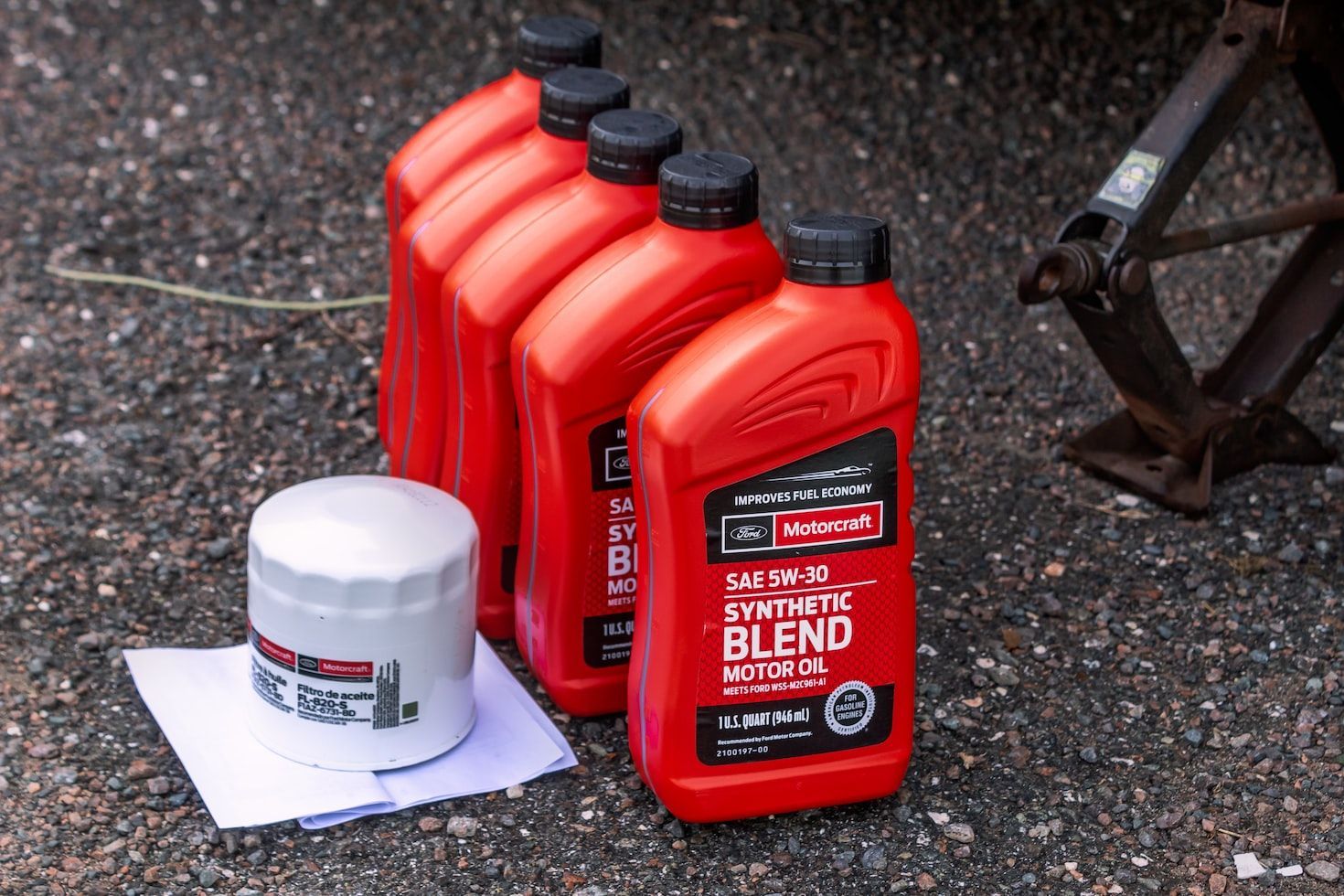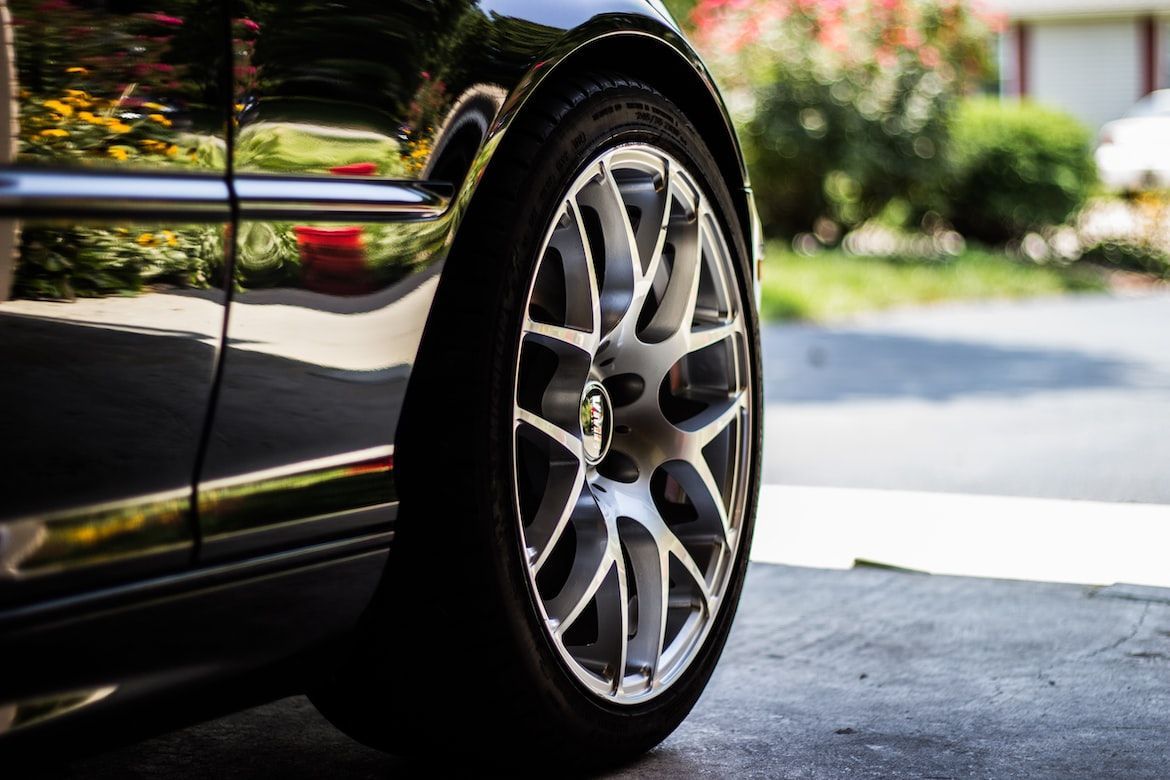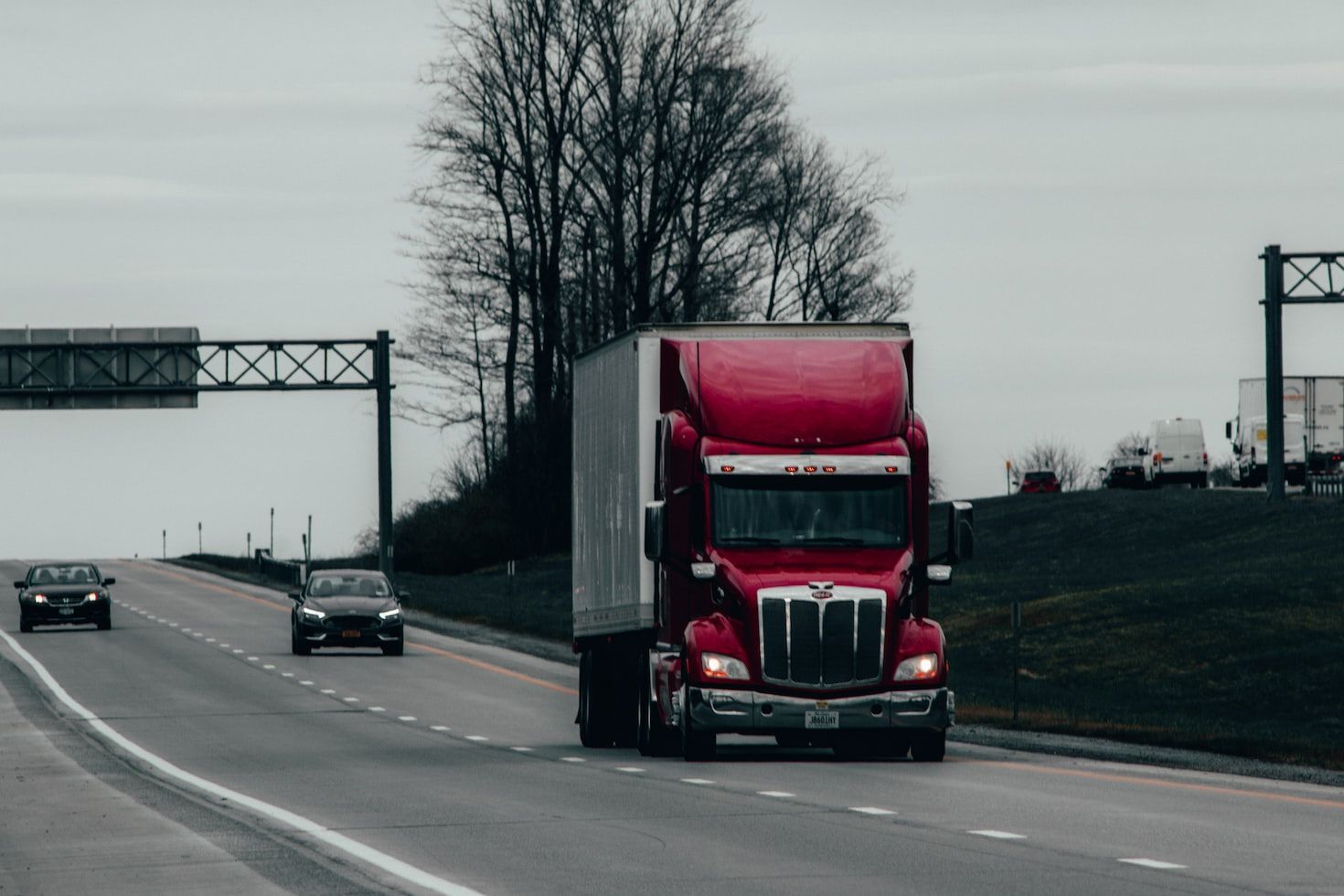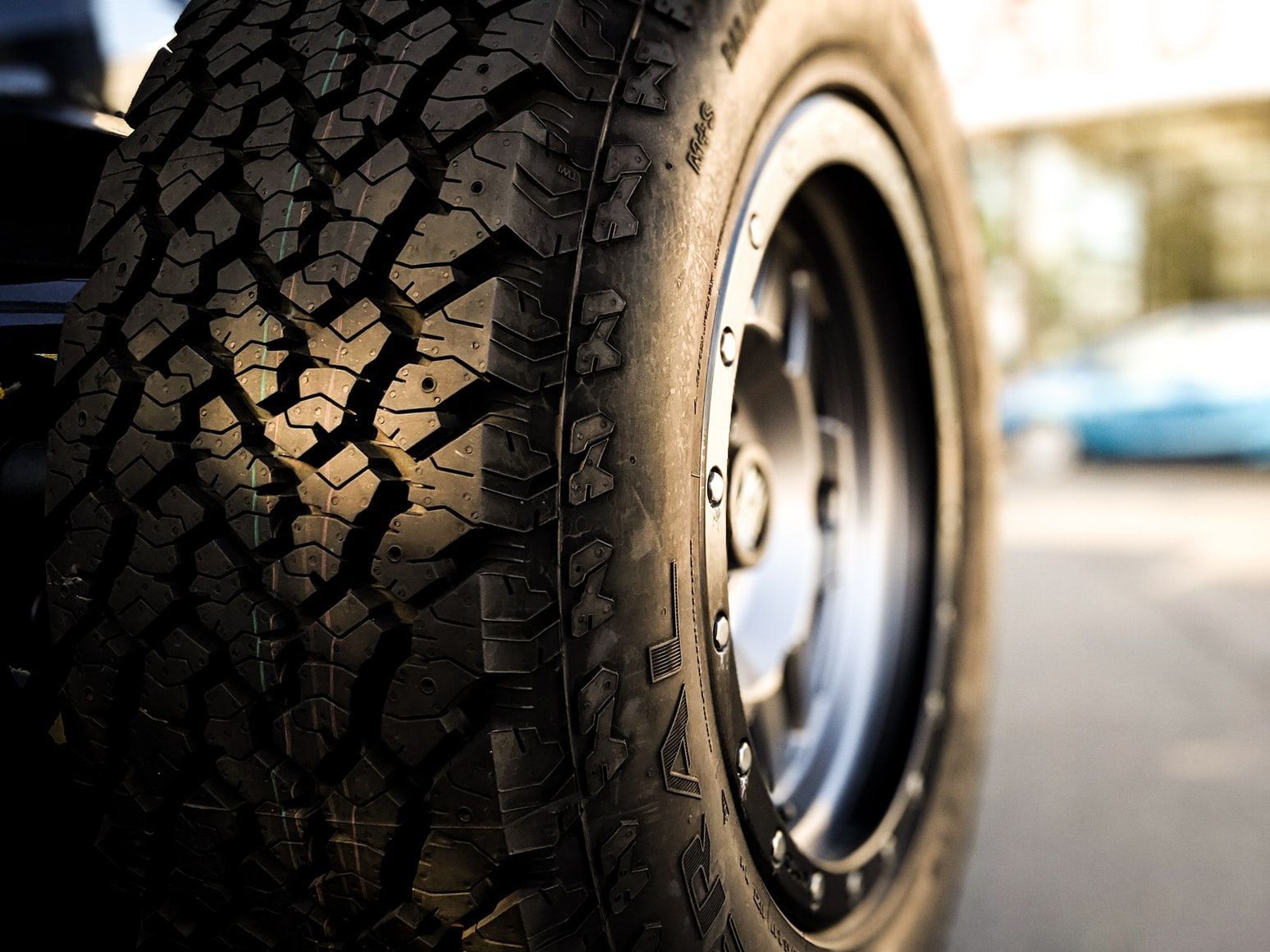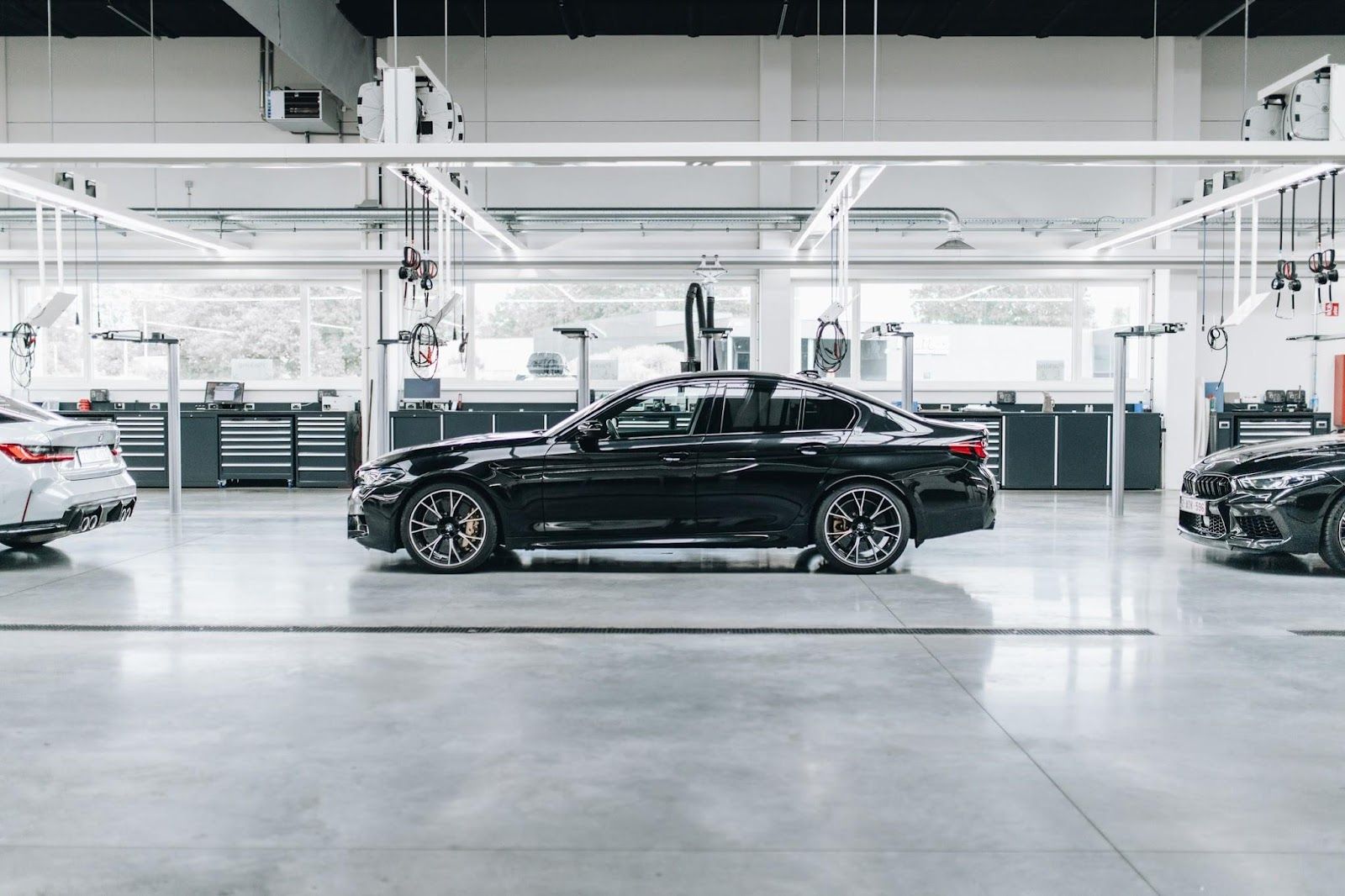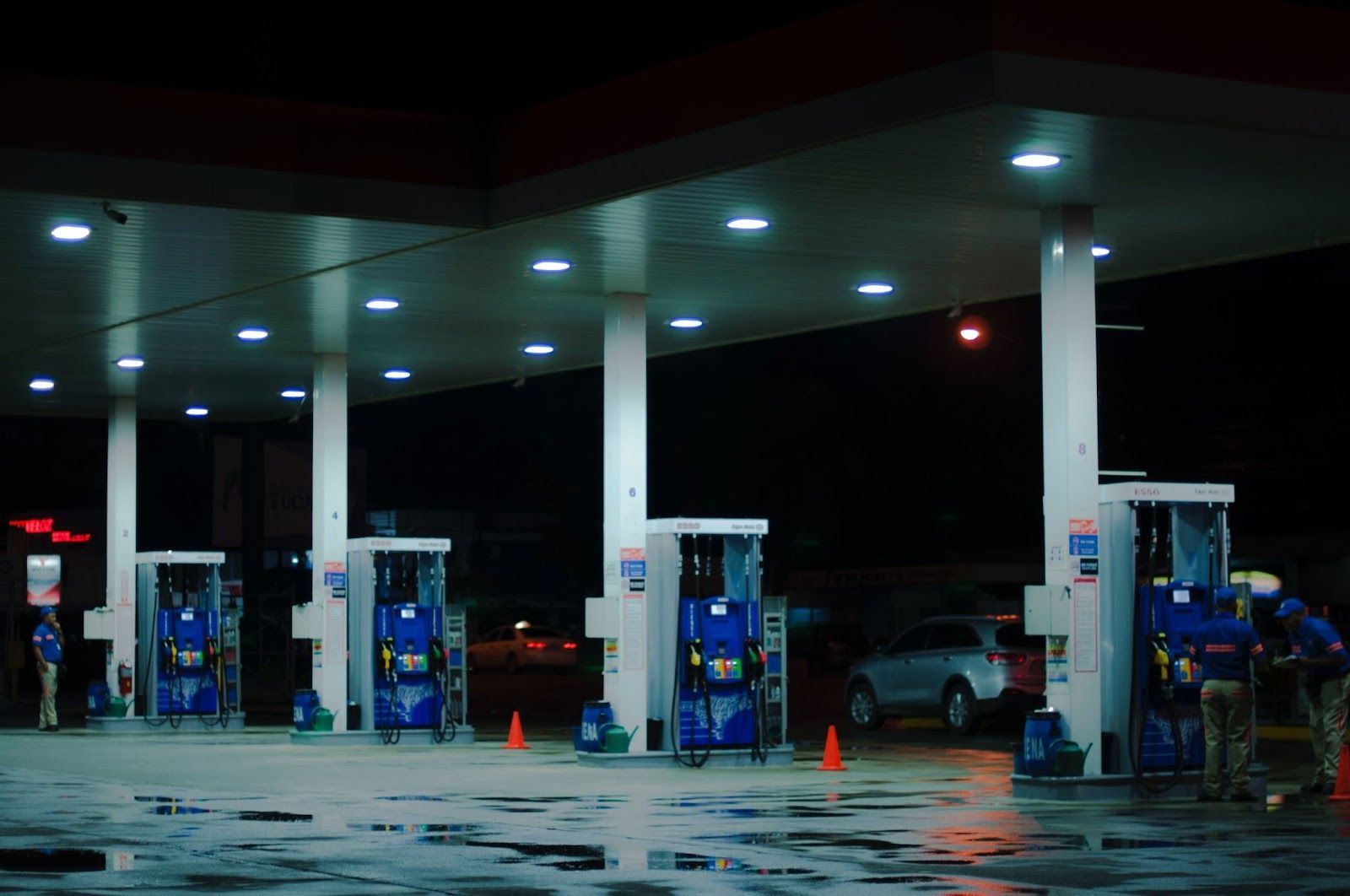Loading ...
Missing business hours data / Error occurred while getting the data.
Driving Green: Fuel Efficiency Hacks for California Roads
Fuel efficiency is good for the environment AND your wallet.
As the premier auto repair shop in Campbell, Autotrend Auto Repair is dedicated to helping our community drive more efficiently. With over 25 years of service in the greater Campbell area, we pride ourselves on our expertise and commitment to quality. Today, we’re sharing our top fuel efficiency hacks to help you get the most out of your miles on California’s roads.
The Importance of Regular Maintenance
Regular maintenance is crucial for fuel efficiency. At Autotrend Auto Repair, our experienced mechanics ensure your vehicle runs smoothly, reducing unnecessary fuel consumption. Simple services like oil changes, air filter replacements, and spark plug checks can significantly improve your car's fuel economy. Neglecting these essential maintenance tasks can lead to engine inefficiency and increased fuel consumption.
Proper maintenance also extends the life of your vehicle, preventing costly repairs in the future. For instance, a clean air filter can improve gas mileage by as much as 10%. Regularly changing your oil and maintaining the correct oil levels can keep your engine running smoothly, reducing friction and improving fuel efficiency. For more on why timely oil changes matter, check out our blog on The Importance of Timely Oil Changes.
Optimize Your Driving Habits
Your driving habits play a significant role in fuel efficiency. Here are some tips to help you drive more efficiently:
Avoid Aggressive Driving
Rapid acceleration and hard braking can lower your gas mileage by 15-30% on highways and 10-40% in stop-and-go traffic. Smooth and steady driving is not only safer but also more fuel-efficient. Adopting a calm driving style not only saves fuel but also reduces wear and tear on your vehicle, potentially saving you money on repairs.
Aggressive driving also increases the risk of accidents, which can lead to costly repairs and higher insurance premiums. By maintaining a safe distance from the vehicle in front of you and anticipating traffic flow, you can drive more smoothly and efficiently.
Maintain a Steady Speed
Using cruise control on highways can help you maintain a constant speed and, in turn, save gas. According to the U.S. Department of Energy, using cruise control can improve your fuel economy by up to 14%. This is particularly effective on flat terrains where maintaining a steady speed is easier.
In addition to cruise control, consider using a GPS to find the most fuel-efficient routes. Some modern navigation systems provide eco-routing options that help you avoid traffic and choose the most efficient paths to your destination.
Limit Idling
Idling for long periods can waste fuel. If you anticipate being stopped for more than a minute, it’s more efficient to turn off your engine. Modern vehicles don’t need to be warmed up before driving, so avoid idling unnecessarily. This simple habit can contribute to significant fuel savings over time.
For those living in colder climates, it’s a common misconception that engines need to idle for long periods to warm up. In reality, driving gently after a cold start is the best way to warm up your vehicle and save fuel.
Keep Your Vehicle Light
Extra weight in your vehicle can reduce fuel efficiency. For every 100 pounds added, your fuel economy decreases by about 1%. Remove unnecessary items from your car, and avoid using roof racks when not needed, as they create aerodynamic drag.
Consider the contents of your trunk and remove any non-essential items. Even carrying around tools or sports equipment you don't frequently use can add unnecessary weight. By keeping your vehicle as light as possible, you can improve fuel efficiency and reduce emissions.
Tire Maintenance
Properly inflated tires are crucial for fuel efficiency. Under-inflated tires can lower gas mileage by about 0.2% for every 1 psi drop in pressure. Regularly check your tire pressure and ensure they are inflated to the manufacturer's recommended level. This simple step can enhance your vehicle's performance and extend the life of your tires.
In addition to proper inflation, consider the type of tires you use. Low rolling resistance tires can improve fuel economy by reducing the energy lost as the tire rolls. Regular tire rotations and alignments also contribute to better fuel efficiency and overall vehicle performance.
For more insights on vehicle care, visit our blog on Transmission Care.
Air Conditioning Use
Using air conditioning can increase fuel consumption. At lower speeds, consider rolling down your windows instead. On the highway, it’s more efficient to use the air conditioner rather than driving with windows down, which creates drag.
Managing your air conditioning use wisely can contribute to fuel savings. On hot days, parking in the shade or using sunshades can reduce the need for air conditioning. When you do use the AC, try to keep it at a moderate setting rather than blasting it on high.
Fuel-Saving Technologies
Modern vehicles come equipped with various technologies designed to save fuel. Here are a few to look out for:
Start-Stop Systems
These systems automatically shut off the engine when the car is stopped and restart it when the brake is released. This can significantly reduce fuel consumption in stop-and-go traffic. Vehicles with this technology can see a reduction in fuel use by up to 5-10%.
Turbochargers
Turbocharged engines are designed to deliver more power and better fuel efficiency. They allow smaller engines to perform like larger ones, consuming less fuel in the process. This technology is becoming increasingly common in modern vehicles as manufacturers strive to meet stricter fuel economy standards.
Hybrid and Electric Vehicles
For those considering a new vehicle, hybrids and electric cars offer excellent fuel efficiency. These vehicles use electric power to reduce fuel consumption, especially in city driving. The initial investment in a hybrid or electric vehicle can be offset by long-term fuel savings and potential tax incentives.
Plan Your Trips
Combining errands into one trip can save you time and fuel. Short trips taken from a cold start use more fuel than longer multi-purpose trips. Planning your route to avoid heavy traffic and road construction can also help you drive more efficiently.
Using apps that provide real-time traffic updates and alternative routes can be highly beneficial. By avoiding congested areas and planning the most efficient route, you can save both time and fuel.
For tips on safe driving in various conditions, read our blog on Driving in Rainy Weather.
Make Your Appointment Today
Driving efficiently not only saves money but also reduces your carbon footprint. By following these tips, you can help protect the environment and ensure your vehicle operates at its best. At Autotrend Auto Repair, we are here to support you with all your maintenance and repair needs. Visit us in Campbell for expert service you can depend on. Let’s drive green together!
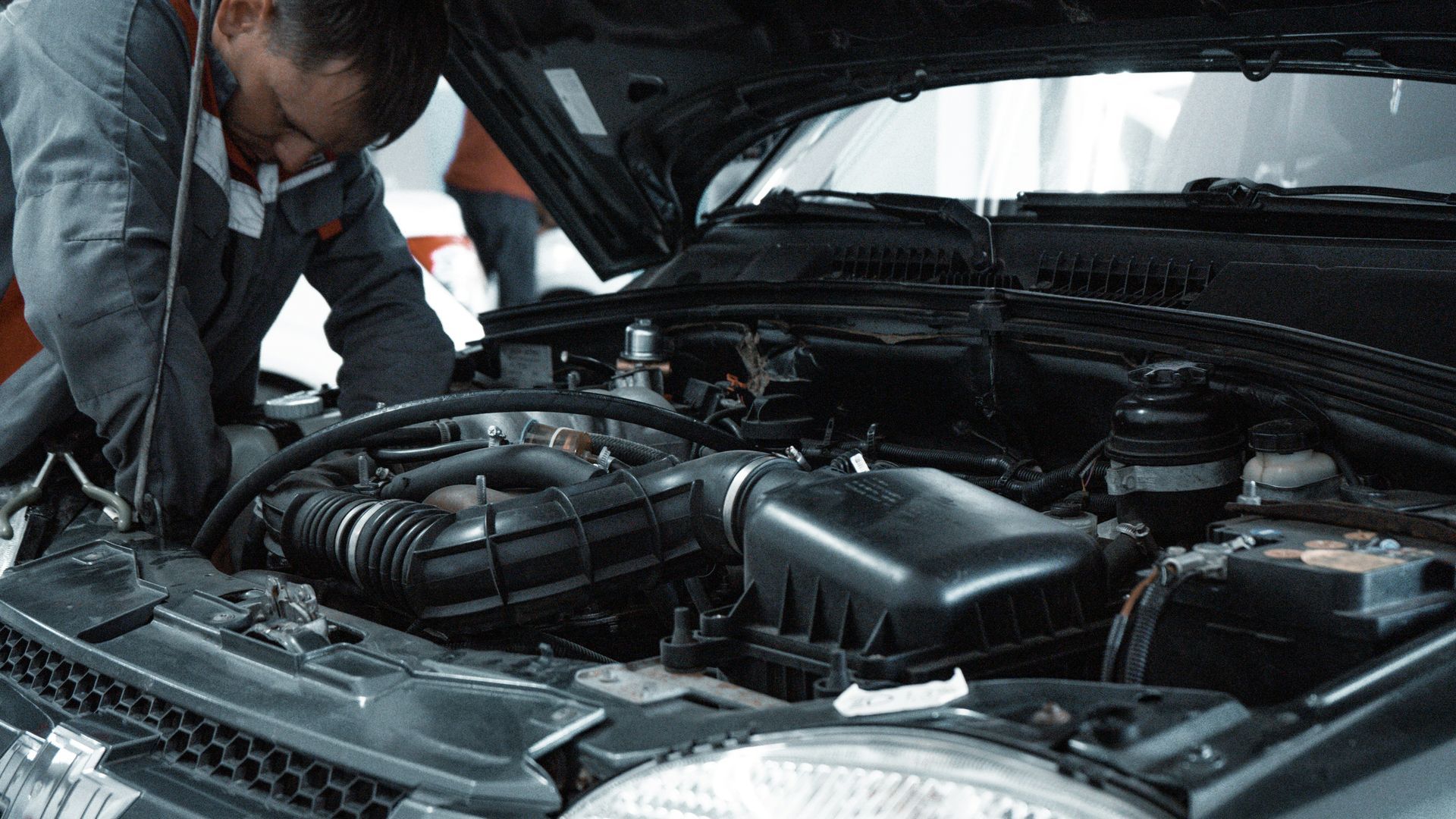
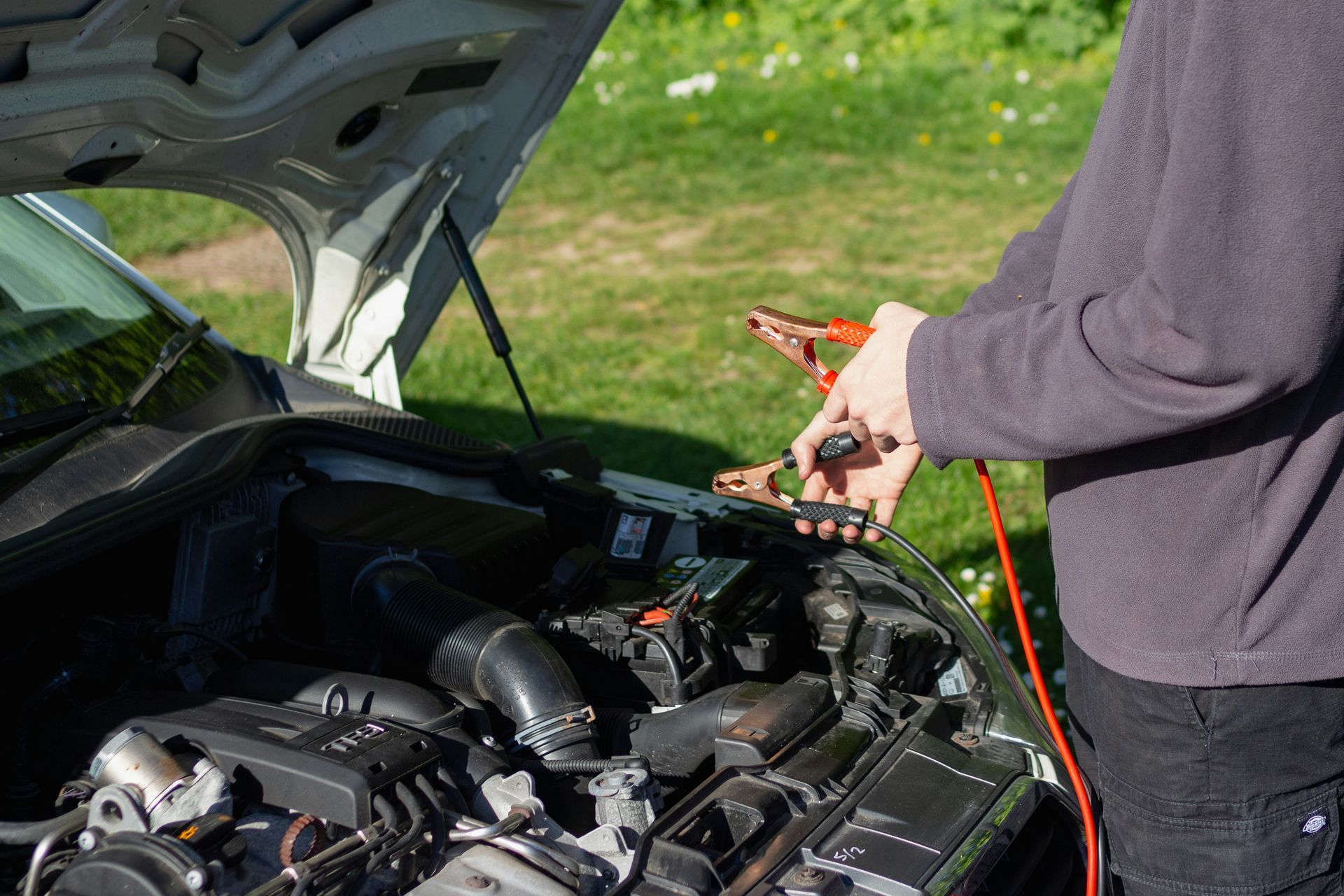

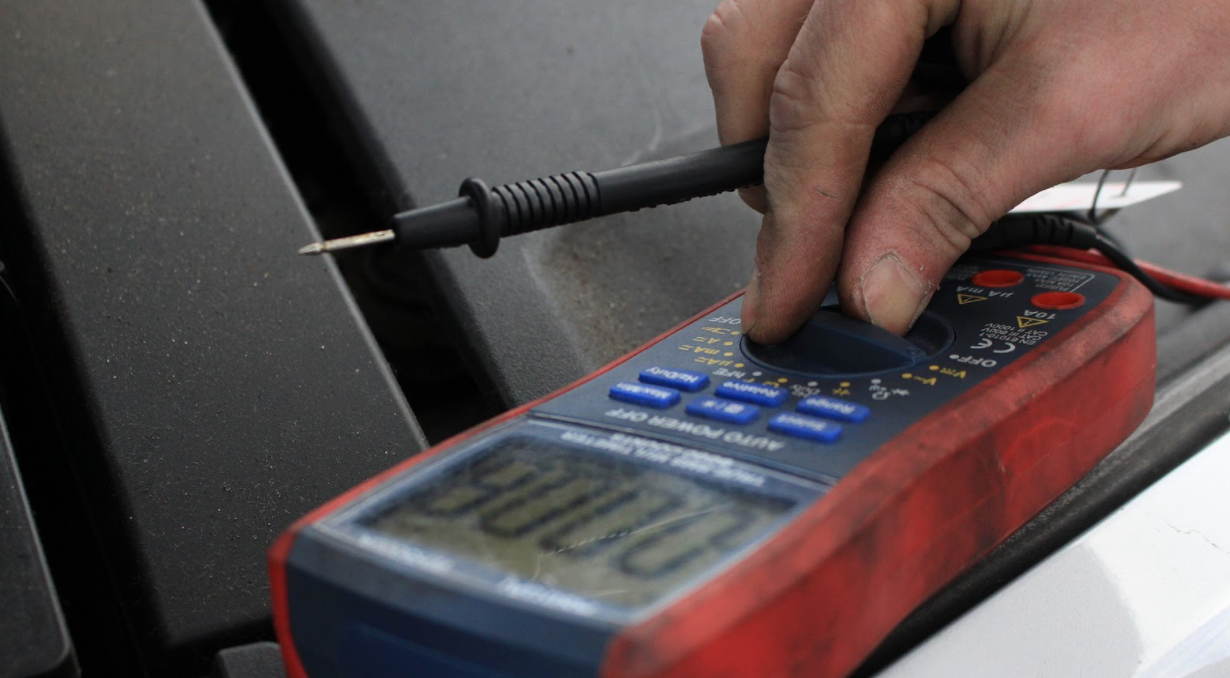






Loading ...
Missing business hours data / Error occurred while getting the data.
Loading ...
Missing nap lines data / Error occured while getting the data.

